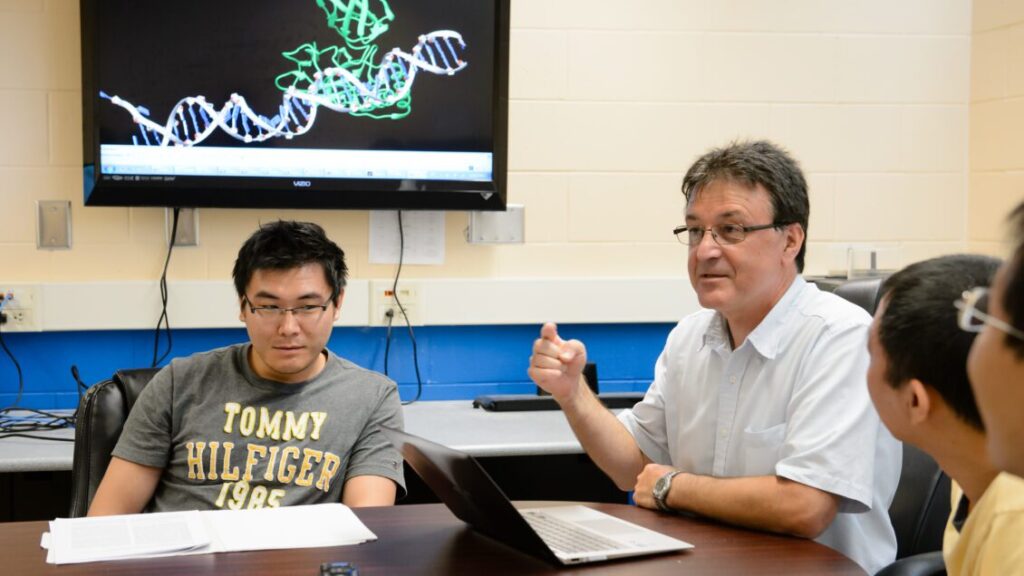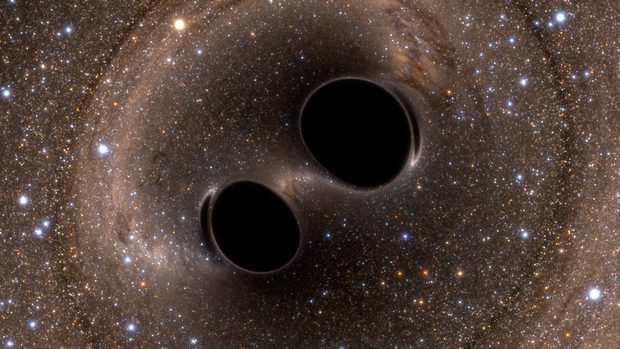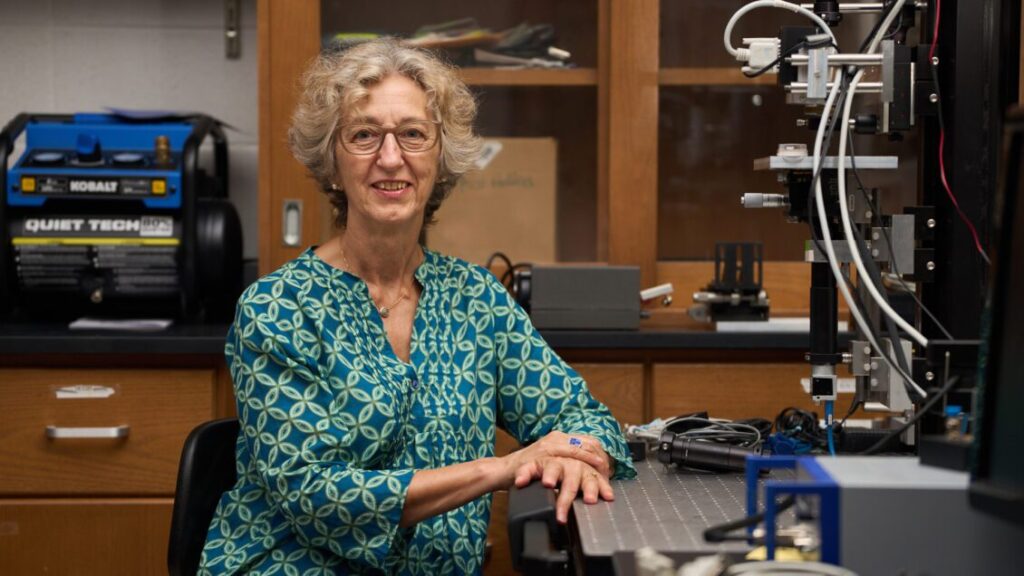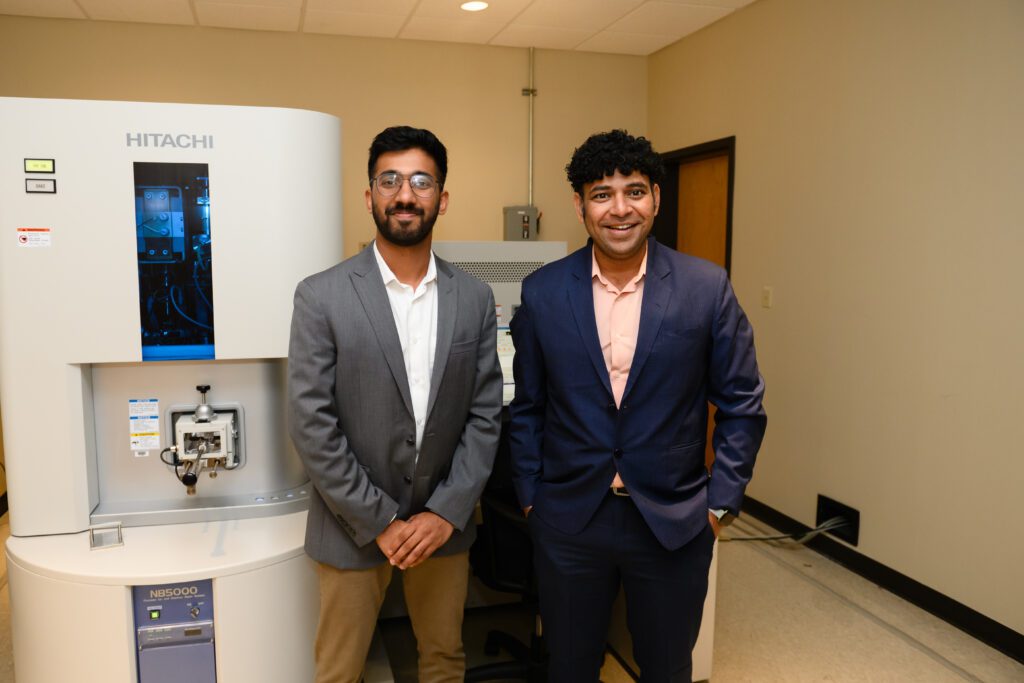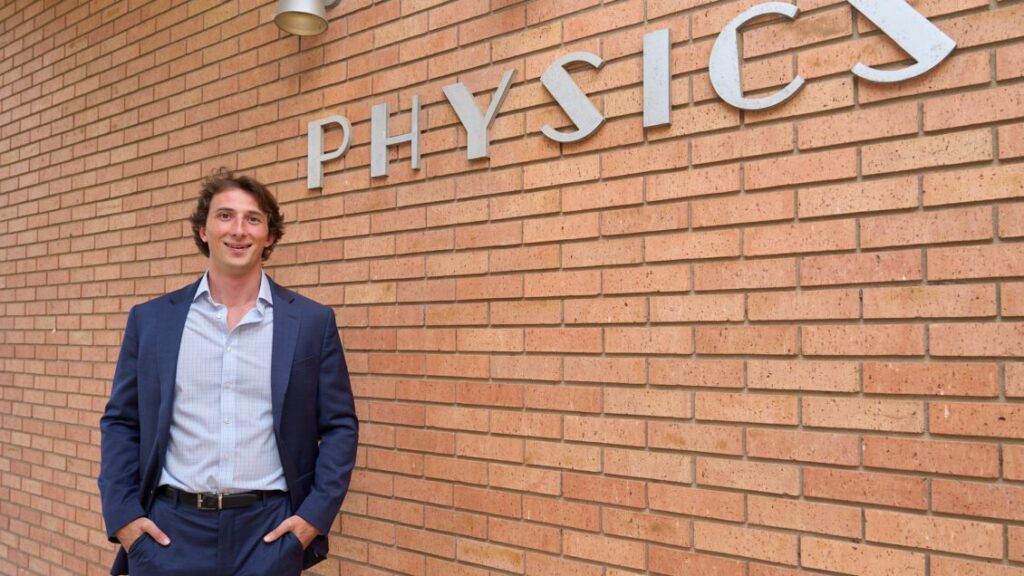
Scott Joffre, a Ph.D. student in Clemson’s Department of Physics and Astronomy, is driven by a deep curiosity about existence and the universe. His passion for extreme cosmic environments led him to Clemson to study blazars—some of the brightest and most energetic galaxies powered by supermassive black holes—under the guidance of Professor Marco Ajello.
Scott’s research focuses on mapping the universe in high-energy gamma rays, a challenging energy band that hasn’t been well-studied due to detection difficulties and background noise. By pushing the limits of a current satellite’s technology, Scott has made new discoveries in this underexplored energy range, helping identify previously unknown cosmic objects.
Beyond his research, Scott co-founded the “Breaking Silos” podcast through the Science Student Advisory Board, encouraging interdisciplinary science communication among graduate students.
During a NASA internship at Goddard Space Flight Center, Scott explored laser communication systems—an advanced alternative to radio signals. These systems use infrared laser beams, which can carry vastly more data and reduce power and weight for spacecraft. He analyzed the Laser Communication Relay Demonstration (LCRD) and compared its performance to traditional radio methods. While weather can impact laser signals, Scott believes this technology holds promise for deep space communication, such as missions to Mars.
Scott’s earlier work at General Atomics on laser communication came full circle at NASA, sparking interest in a future career in satellite communications—a field where he hopes to continue solving unique, cutting-edge problems.
Outside of academia, Scott enjoys music (playing bass and ukulele weekly in Pickens), and outdoor adventures like sailing, scuba diving, hiking, and running around Clemson and Lake Hartwell. He expects to graduate in May.
Adapted from: https://news.clemson.edu/physics-ph-d-student-takes-education-to-the-extreme/


